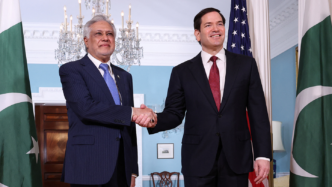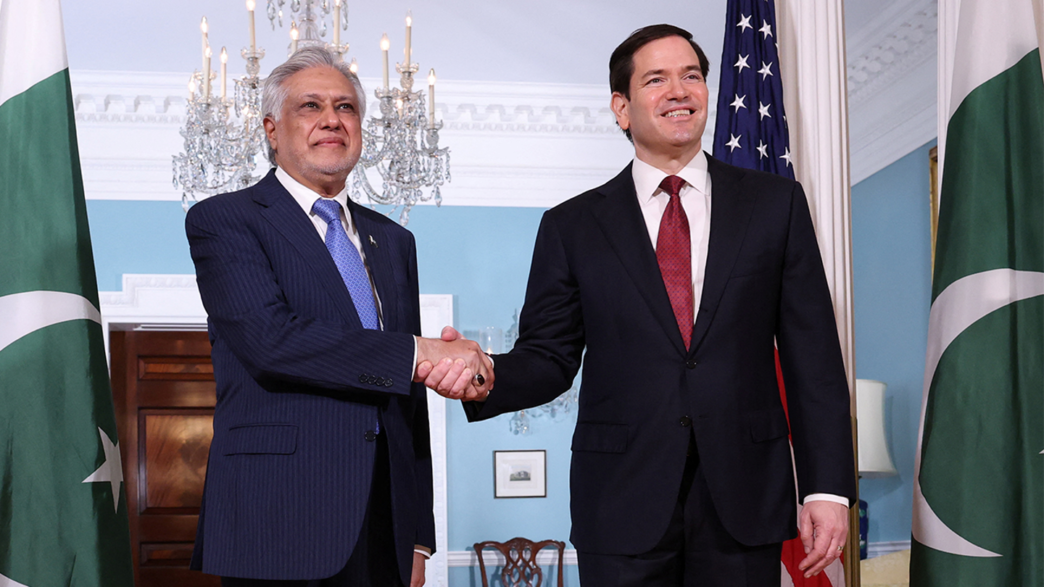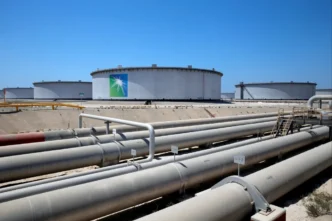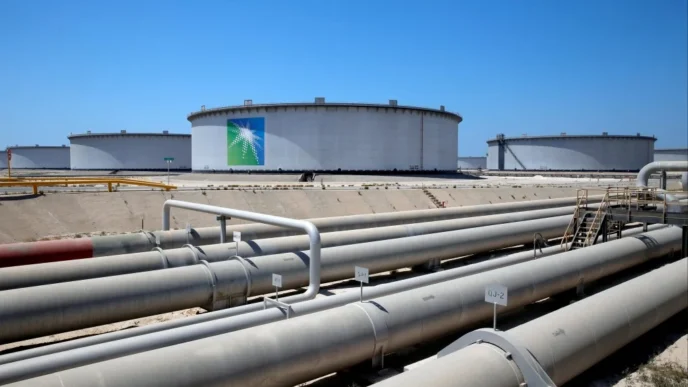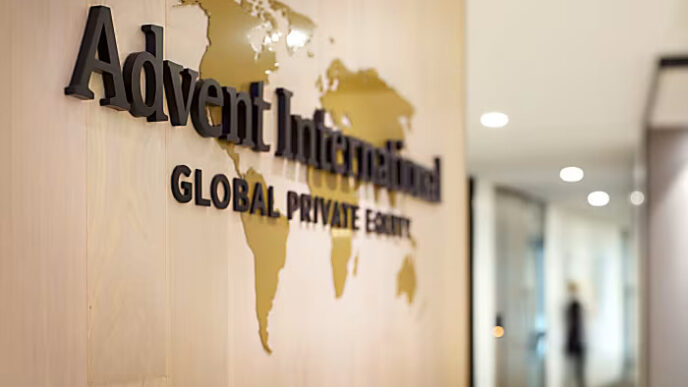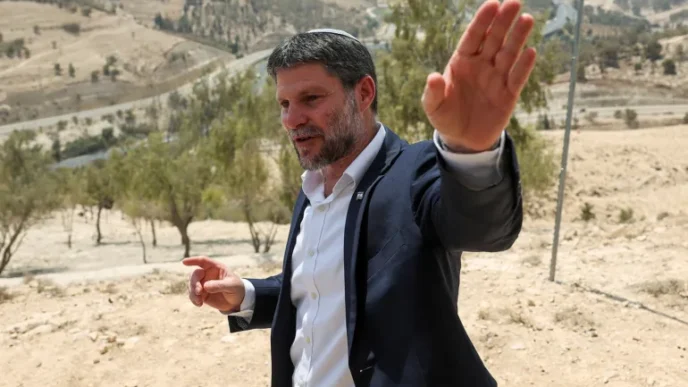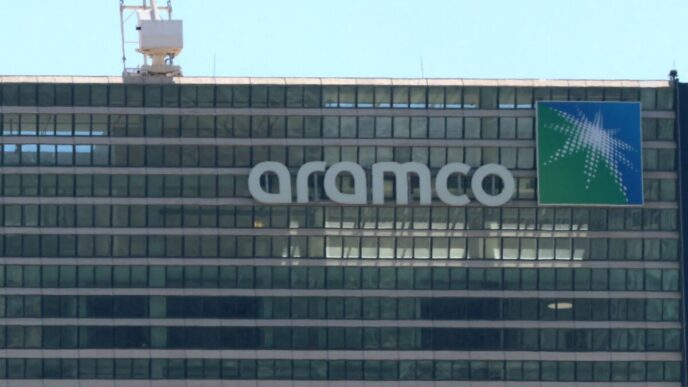Pakistan and the United States are pressing ahead with their ongoing discussions to strengthen economic cooperation, focusing on potential investment flows, expanded trade partnerships, and long-term strategic collaboration. The talks, which have spanned multiple high-level engagements over the past months, underscore both nations’ intent to realign their economic ties in an increasingly competitive global marketplace.
According to diplomatic sources, the discussions aim to move beyond traditional aid and security-based interactions toward a more balanced economic partnership. This includes exploring bilateral trade agreements, encouraging US-based corporations to invest in Pakistan’s manufacturing, technology, energy, and agricultural sectors, and boosting exports from Pakistan to American markets.
Investment Focus Areas
US representatives have shown particular interest in Pakistan’s renewable energy infrastructure, IT outsourcing capabilities, and textile production — industries where Pakistan already has a competitive edge. Additionally, the US has been pushing for greater integration of Pakistan into global supply chains, particularly in the semiconductor and electronics assembly sectors.
On Pakistan’s side, officials are seeking not just capital inflows but also knowledge transfer, advanced manufacturing expertise, and greater market access for Pakistani goods. They have been promoting special economic zones (SEZs) under the China-Pakistan Economic Corridor (CPEC) as potential entry points for American companies seeking a strategic position in South and Central Asia.
Challenges to Address
Despite optimism, key hurdles remain. US investors are concerned about Pakistan’s political stability, macroeconomic volatility, and regulatory uncertainties. The Pakistani government, in turn, has been pushing for fairer trade terms and protections for its domestic industries while assuring investors of structural reforms aimed at improving the ease of doing business.
Another sticking point is Pakistan’s current debt burden and its need to sustain International Monetary Fund (IMF) program conditions, which limit certain fiscal incentives. While Washington has played a role in IMF negotiations, both sides are aware that economic sustainability will require long-term planning rather than short-term fixes.
Geopolitical Underpinnings
The dialogue is unfolding against a backdrop of shifting geopolitics in the Indo-Pacific and South Asia. With the US recalibrating its China strategy and Pakistan seeking to diversify its international partnerships beyond Beijing and Gulf allies, the talks carry strategic weight beyond commerce. American policymakers view Pakistan’s location as critical for regional stability, supply chain diversification, and counterterrorism cooperation, while Islamabad sees US engagement as a balancing force in its foreign policy.
The Road Ahead
Officials from both countries have hinted at the possibility of a formal investment framework agreement in the near future, though timelines remain uncertain. Working groups are being established to streamline customs procedures, enhance digital trade, and improve dispute resolution mechanisms for foreign investors.
If successful, these discussions could lay the foundation for a more resilient economic relationship — one less dependent on fluctuating aid packages and more grounded in sustainable, mutually beneficial trade and investment.
Given the economic headwinds both nations face, from global inflationary pressures to geopolitical supply chain disruptions, the stakes for these negotiations are high. For Pakistan, greater US investment could mean accelerated industrial modernization; for the US, it’s an opportunity to tap into an underutilized emerging market in a strategically vital region.


